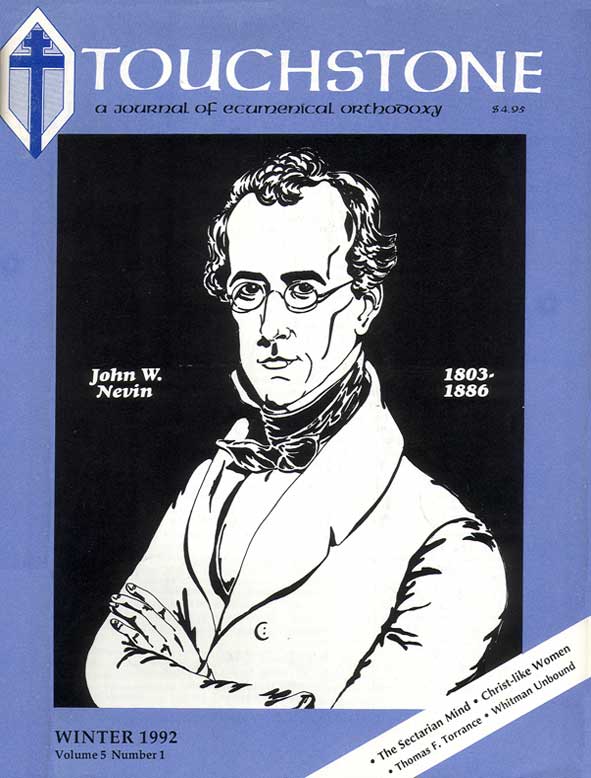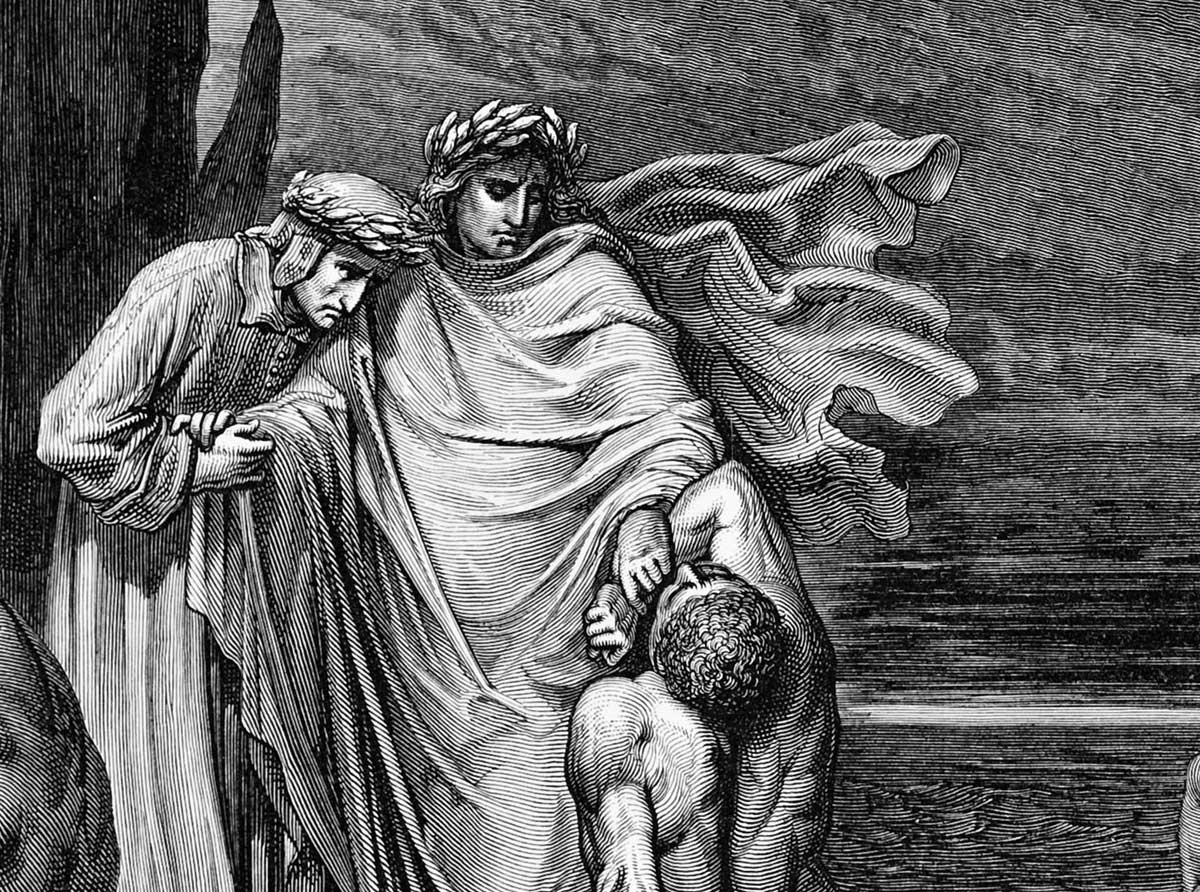Smoking His Own Breath
Walt Whitman & the Dead End Poets
by Steven Faulkner
An essay in Time magazine (July 22, 1991) in praise of Henry Miller quoted him as saying that the poet speaks “not with intellect alone, but with intellect inebriated by nectar.” And Miller is right. The poet speaks with mind and emotion, too, moved by some powerful and sublime dynamic. Thus have the fine wines of poetry ever been carefully fermented. We may ask, however, with what strong waters is Henry Miller inebriated? In Mr. Miller’s case it seems that he is drunk with himself. And as the Time essayist Pico Iyer insightfully says of Miller: “like Whitman, his fellow rhapsodist of Brooklyn, he sang only of himself . . . found in the self everything he needed.” Then follows a quote from Miller: “If we have not found heaven within, it is certainty we will not find it without.” Caveat lector! This poetic egocentrism taken very far leads to the death of poetry. Poets following Whitman have, with some notable exceptions, sung too much of themselves, breathed too deeply, to use Whitman’s phrase, of “The smoke of my own breath.” A poet may be high on self, drunk with self, but unless he discovers beauty, goodness, and truth beyond the self, others will grow weary of the drunken braggadocio and stop their ears.
I focus on Walt Whitman because of his seminal influence in American poetry. For us, he was the pioneer of a genre and in him we may see the portents of evils to come. Whitman himself, however, had high hopes for American poetry: “Of all the nations the United States with veins full of poetical stuff most needs poets and will doubtless have the greatest and use them the greatest.” It seems strange to modern American ears to hear him predict that “Their Presidents shall not be their common referee so much as their poets shall.” How many today can even name a working American poet? Of course there is Vanilla Ice, D. J. Qwik, or the Candyman, whose “rap juba” beat jars everything within a block of some passing Camaro. But that is poetry gone ninety-nine percent primitive and sensual; intellect succumbing to the epileptic rhythms. The very “names” of those poets connote the quality of their songs, songs de-noted of melody, deranging the mind of that quiet attention necessary to pleasures of the intellect. How are the mighty hopes fallen!
Respiration Inspiration
Whitman envisioned an America shaped by a new Homer or a new Virgil—of course, he was his own prime candidate. This grand new poet of the Republic, this Muse of Democracy, “is a seer . . . the others are as good as he, only he sees it and they do not. He is not one of the chorus . . . he does not stop for any regulation . . . he is the president of regulation” (the ellipses are Whitman’s). No one could ever accuse Whitman of excessive modesty. This soul of the “greatest poet” has “that measureless pride which consists in never acknowledging any lessons but its own. But it has sympathy as measureless as its pride and the one balances the other. . . .” This American poet is pride’s pinnacle, but that is all right because his compassion is oceanic.
These are measurements fit for divinity so it should not surprise us that Whitman dispenses with priests of that other deity: “Their work is done. They may wait awhile . . . perhaps a generation or two, dropping off by degrees. A superior breed shall take their place. . . .”
And who fathers this breed? Need we ask?
I know I am august,
I do not trouble my spirit to vindicate itself or be understood,
I see that the elementary laws never apologize . . .
He is elemental, a primal law, in himself the patriarch of a new order. As for the deity, Whitman disdains even a curiosity about him. He says that he sees God in everything, but understands him not at all; therefore, why bother—though he does manage a patronizing aside:
Steven Faulkner teaches creative writing at Longwood University in southern Virginia. He is the author of Waterwalk: A Passage of Ghosts (2007) and Bitterroot: Echoes of Beauty and Loss (2016). Both books are memoirs of father-son journeys that followed the paths of missionary priests: Marquette (in Waterwalk) and De Smet (in Bitterroot).
subscription options
Order
Print/Online Subscription
Get six issues (one year) of Touchstone PLUS full online access including pdf downloads for only $39.95. That's only $3.34 per month!
Order
Online Only
Subscription
Get a one-year full-access subscription to the Touchstone online archives for only $19.95. That's only $1.66 per month!
bulk subscriptions
Order Touchstone subscriptions in bulk and save $10 per sub! Each subscription includes 6 issues of Touchstone plus full online access to touchstonemag.com—including archives, videos, and pdf downloads of recent issues for only $29.95 each! Great for churches or study groups.
Transactions will be processed on a secure server.
more from the online archives
calling all readers
Please Donate
"There are magazines worth reading but few worth saving . . . Touchstone is just such a magazine."
—Alice von Hildebrand"Here we do not concede one square millimeter of territory to falsehood, folly, contemporary sentimentality, or fashion. We speak the truth, and let God be our judge. . . . Touchstone is the one committedly Christian conservative journal."
Support Touchstone
—Anthony Esolen, Touchstone senior editor









